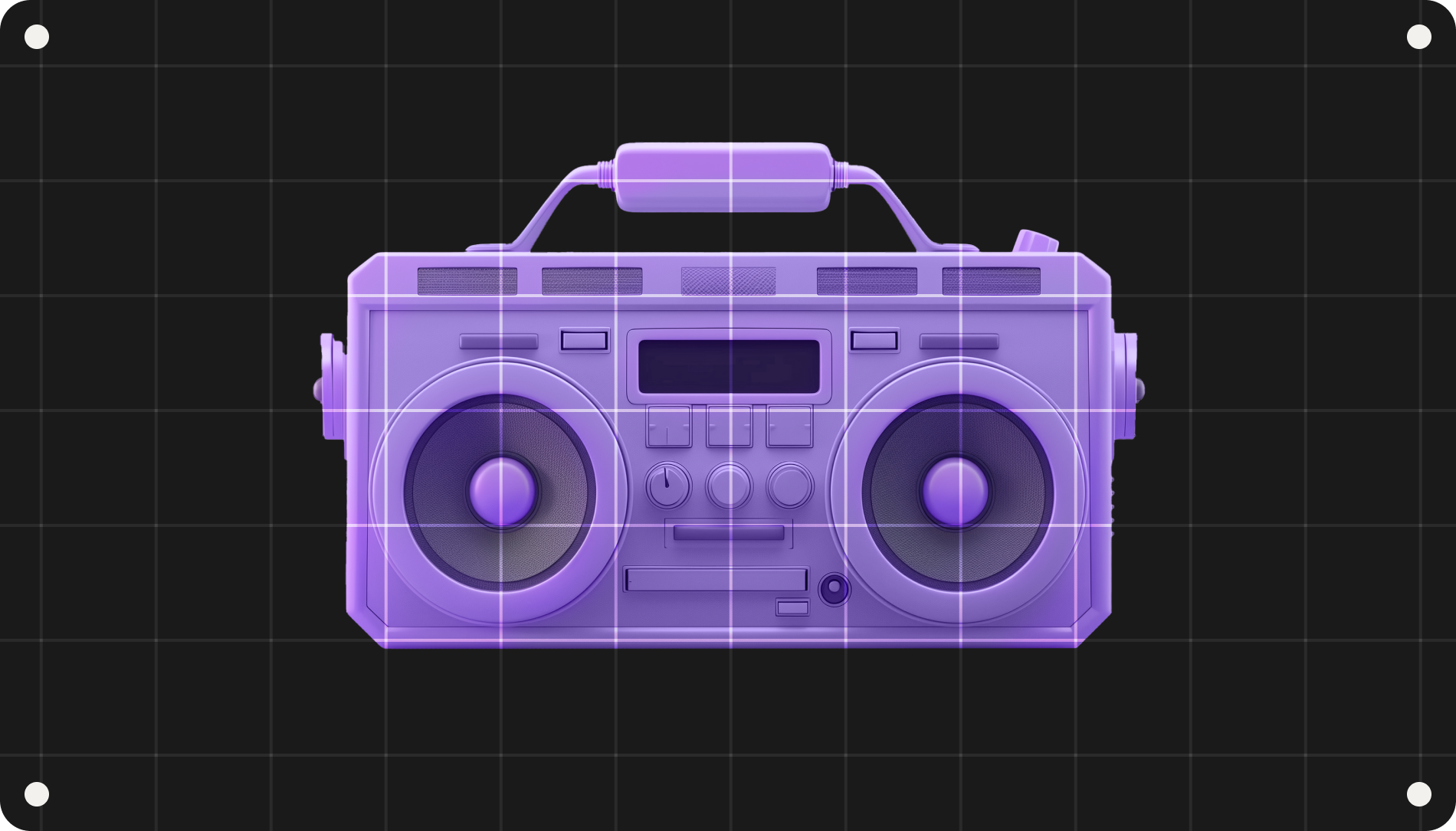When talking about careers for women, it’s too easy to fall back on cultural preconceptions that lead to circular logic. Here’s how it works: throughout recent history, jobs such as nurse, teacher, or secretary have been some of the few open to women. Because women’s options were restricted, they took these jobs. Then, we used their high concentration in these roles as proof that they are predisposed to them.
Yeah, we don’t buy that. We’ve talked to women in our bootcamp, looked at the data, and we’re confident: good careers for women are now in tech. Here’s why.
More autonomy and free time
We mentioned data, so let’s get to it right here and now. According to a Gallup poll from March 2022, when considering a new job, the most important thing for 66% of the women was a greater work-life balance as well as better well-being.
Further investigations give this more context. In the first line of a National Institutes of Health study, it states that “[women] are more likely than men to report physical and emotional exhaustion related to paid work.” And why is that?
The study has an answer: “[We] find that workers’ perspectives regarding women’s role in society drive a large gender gap in job burnout.”
Let’s get into that. Despite women becoming more and more present in the workforce, they are still doing the majority of domestic work; they do four hours of this labor per day as opposed to men’s two and a half hours. And even at work, more is expected of women, especially in terms of emotional labor or additional role-irrelevant tasks such as organizing gifts for colleagues. So it makes sense that women are burnt out.
In professions that are female-coded, this invisible labor is crucial to the job. Just take the two most common occupations for women according to the U.S. Department of Labor: nurses and teachers. Not only do they have work duties — i.e., imparting knowledge and medical treatment, respectively — but culturally, we assume that they will engage in exhausting, surplus emotional labor as a matter of course.
As a bootcamp, we can see this trend reflected in our statistics. Nearly a quarter of our students come from education and medicine.

For example, Jenny DoctorFrom Making Music to Making Commits: Jenny Doctor’s TripleTen Story used to be a music teacher. But, as she shared with us, “I started to get a bit burnt out with teaching.” And not only that; she also started losing her passion for music. “When I was teaching, I really didn't make music for myself. I was focused on my students.” So she decided to switch to tech.
She took our bootcamp, landed a job as a software engineer, and rekindled her love of teaching and music, now as a side project for fun. “I'm looking forward to hopefully continuing to share my love of teaching music with students, but just on my own terms,” she said.
So why are we so confident that tech is full of the top careers for women? Because jobs in tech know the value of work-life balance.
But there’s another reason, too.
Money matters
In the same Gallup poll mentioned above, the second most important factor for women considering a new job was higher income and better benefits. Again, this makes a lot of sense. If we continue with our example from before, the median teacher salary is $57,803 as of the writing of this post. And even in this female-coded profession, women make less than men. According to EducationWeek, “By the time educators qualify for a pension benefit at 10 years on the job, women are earning on average $8,500 less than men.”
We’re not going to claim that tech is perfect. As found by Hired, after a career in tech of between 6 to 10 years, women earn 97 cents to every dollar their male counterparts earn. But, as the Pew Research Center discovered, the gender pay gap in education is worse: in 2022, women brought in 82 cents compared to each dollar that men did.
And while we absolutely need to discuss the relative disparity, we should also talk about the absolute numbers.
That means that, based on the medians, people starting out in tech bring in $17,000 more than teachers of all experience levels. So while we should fight for gender parity in remuneration across the board, we should also talk about the real here-and-now: it’s better to earn slightly less of a higher salary than much less of a lower salary.
.jpeg)
Take the example of Desiree BradishFrom Graphic Design to Code Design: Desiree Bradish’s TripleTen Story, a former graphic designer who realized she was in a grueling position that wasn’t cutting it in terms of salary. As she said, “You work long hours for bad pay.” So she switched to tech, and after studying at TripleTen, she landed a job as a full stack engineer. Now, she’s earning enough to support her large family.
In fact, it’s not unrealistic to aspire to earn $250,000 in tech. Top engineers at these companiesThe Top 18 Companies That Pay Software Engineers the Most in 2024 earn between $239,000 and $270,000. High-paying careers for women are out there. And they’re in tech.
Things could be better, and they will be better.
But now we do have to address a reality that’s probably buzzing in the back of your mind. Yes, tech has a reputation for being a boys’ club. It’s not unfounded. According to WomenTech Network, women account for only 28% of the tech workforce. Their post points out that this is better than the 9% of roles women occupied in tech in the early 2000s, but it’s still far from equal.
We believe that can change, and data support that belief. For example, the Hired article cited above found that “women with 2-4 years of experience have no expectation gap.” This means that they’re not coming into salary negotiations with dampened aspirations, and this is partially the result of recent laws requiring pay transparency. Larger-scale efforts are helping make great careers for women more equal.
Smaller, more focused efforts are also helping. Women-specific communities and knowledge resources such as podcasts for women starting careers in IT6 Podcasts for Women Starting Careers in IT are cropping up daily. And beyond that, there are scholarships for women in tech that lower the barrier to entry for women interested in pursuing careers in software engineering or data science.
Whereas some professions demand proof of related college education, you don’t need a computer science degreeNo Computer Science Degree? You Can Still Become a Software Developer to land a job in tech. That makes it more open — it’s not just one of the best careers for women; it’s also one of the best careers for women without a degree. The nature of tech makes it more than the right choice for some women. It’s the right choice for women.
And to land a rewarding, flexible, and well-paid job in tech, all you need is know-how and proof that you’re good at applying it. You can find all of that at TripleTen. Apply for our tech scholarship for women here.

.png)




.jpg)


%20(2).png)




.png)






